This Best Practice was first published in the Gender Intelligence Report 2023.
According to the WEF Global Gender Gap Report 2023, gender gaps in the future labor markets, especially in Science, Technology, Engineering, and Mathematics (STEM) fields, continue to pose a substantial challenge. Women make up almost half of non-STEM employment, yet they constitute only 29% of the STEM workforce. The entry of female STEM graduates into the labour market is increasing, but retention sees a substantial drop. Women currently account for only 18% of Vice President (VP) roles and 12% in C-suite positions, respectively. In the field of artificial intelligence (AI), female representation has risen slightly to 30%, a change that highlights the slow progress in addressing this gap.
This gender imbalance also presents a considerable challenge for Syngenta’s senior leadership. Antony Royal, Head of Production & Supply IT and Head of Digital Supply Chain Operations in Basel, emphasizes the importance of diversity, stating, “Having diversity of thought and decision-making in an organization helps generate more innovative and creative solutions. This, in turn, drives the company’s growth and delivers greater value to our customers. If we lack gender diversity at all levels within our organization, we will be limiting ourselves to a narrow set of possibilities, missing out on many new opportunities.”
To tackle the challenge of gender disparity, the IT & Digital Leadership Team (ITLT) at Syngenta established a dedicated Diversity and Inclusion (D&I) steering team. This team’s main objective is to increase female representation at all levels, particularly in leadership positions. One key initiative, launched in March 2022, is the Female Sponsorship Program. This program aims to support female talents in middle management with the potential for advancement within 2-5 years to, ultimately, a role in the ITLT. It pairs these women with ITLT members from outside their immediate sphere of influence in a cross-functional 1:1 sponsorship relationship.
Sponsorship revolves around having an advocate familiar with your achievements and potential who actively advocates for your advancement. For sponsors unfamiliar with their sponsees, an initial phase of relationship building was crucial. This dual process not only facilitated candid discussions about career objectives but also illuminated opportunities within the organization. In the dynamic tech sector, such a tailored approach is invaluable. It ensures alignment of individual career trajectories with organizational goals, fostering mutual growth in an ever-evolving industry.
Eighteen talented female tech professionals from Syngenta sites worldwide, including three from Switzerland, have benefited from the program, demonstrating the potency of the sponsorship model in empowering women and promoting their career growth. The intention to increase women in leadership positions was a longer-term goal than the formal 1-year program, but already, at least 50% of sponsees have either changed roles – both upwards or laterally, moved locations, or increased scope in their current role. The program is working to build up the needed pipeline of future leaders.
Sponsees were nominated by their line managers and then chosen based on their performance track records, individual development plans, and career aspirations. During the onboarding of the program, sponsees were given a brief summary of each sponsor, including their ‘personality in 3 words,’ passions, interests, and what each could offer in terms of sponsorship. Sponsees then ranked their top 3 choices of senior leader sponsors, and matches were made accordingly. The spirit of the program was very much self-driven, so sponsees were encouraged to work with their sponsors on the cadence that worked best for them. Most chose to meet monthly, with ad-hoc meetings sprinkled in, and topics were primarily driven by the sponsee. Throughout the program, the group was also invited to several small group connections with senior leaders from other areas of the company to expand their network and gain exposure to other career journeys and viewpoints, outside of the ITLT.



The program formally wrapped up at the end of May 2023. Shannon Blacker, Employee Engagement Lead for IT & Digital, shares, “As we approached the end of the formal program, we conducted 1:1 interviews with each sponsee to gain their insights and impressions as well as their suggestions for the future of the program. One theme that emerged very clearly was the need for an opportunity to come together one last time as a cohort to celebrate, reflect, and share learnings. We built a workshop agenda based on sponsee input and coined the session ‘Ending Powerfully’ to capture the essence of our intent and wish for them – that they would all complete the program feeling more empowered and supported in their career possibilities.”
All sponsees were invited to an intimate session with four ITLT members, including the Chief Information and Digital Officer, Feroz Sheikh, to dive deeper into their approach to and perspectives on leadership, challenges they faced on their journey, advice they would give themselves earlier in their career if they could, and other key topics. The group then joined small breakout sessions where they were intentionally paired with an ITLT member who was not their sponsor, to forge additional connections and share reflections in a safe space. Sponsees were also encouraged to understand that just because the program formally ended, it didn’t mean the relationship was ending. In fact, Feroz remarked, “Through this program, I have gained more than a talented sponsee, I have gained a friend. Although the program had a set duration, our relationship does not end here. It is just the beginning of our journey towards realizing the full potential of our diverse talent. Engaging with my sponsee has gifted new insights and perspectives into my leadership approach, reminding us of the need to collectively nurture the next generation of female leaders within Syngenta.”

“Our eyes are now even wider open to the accountability for moving female tech talent laterally and upwards.” – Feroz Sheikh
The positive outcomes of the program have affirmed Syngenta’s belief that this initiative is focused on enhancing visibility, building a robust network within and beyond the ITLT, and fostering dedicated support and advocacy from senior leaders. According to the Advance whitepaper ‘Climbing Higher’ (1/2023), based on a survey of approximately 600 professional women in Switzerland, it reveals that women often perceive factors other than skills as barriers to their promotion. When asked why this was the case, 10 percent cited a lack of sponsorship within the organization, while seven percent mentioned a lack of visibility. The whitepaper underscores the significance of visibility and sponsorship for career advancement, aligning perfectly with the elements provided by the Syngenta Female Sponsorship program.
Lucy Reynolds, Head Commercial IT in Basel, Switzerland (a sponsor and project team member), reflects on the transformative journey of participating in the program. She emphasizes the importance of gender diversity and the collective responsibility to drive change: “Right from the very first interaction I had with the sponsees, I found it a very humbling experience. To spend time together where there were only females in the room made all of us realize how rare that was compared to our usual situations throughout our careers, where we often find ourselves being one of the only females in the room.”
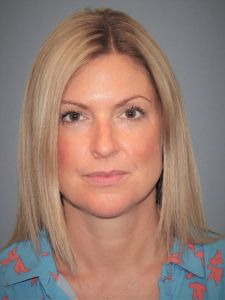
“The program helped underscore the continuous need to lead the way on gender diversity, and the belief that everyone involved, including the ITLT, will drive change throughout their careers to make a difference for current and future generations.” – Lucy Reynolds
The sponsorship provided tangible benefits. Vivian Secco, Production & Supply IT Planning Lead in Basel, Switzerland (a sponsee), reflects on the transformative impact of the program and her relationship with her sponsor: “The Chief Information and Digital Officer served as my sponsor. I had never had access to a CIO before, so it was initially a bit tense. However, he encouraged me to dream big and set high expectations. He quickly opened doors for me and introduced me to new opportunities, actively working to elevate my profile. This advocacy contributed to my increased visibility, the potential for a broader scope in my role, and even positioned me for a significant career transition. Though the sponsorship wasn’t the only factor, it played a pivotal part in my move from Syngenta Brazil to the headquarters at Syngenta Basel, shifting from a local to a global role.”
In Syngenta’s program, sponsors ardently championed new opportunities and proactively assisted their sponsees in raising their profile and visibility within the broader ITLT. Concrete examples of the program’s success include Hana Hafer’s relocation and shifting from developing digital sustainability products to enabling sustainability in our production and supply organization through technology; Flora Viana’s move from a local and regional focus to a global Marketing and Communications role for digital products; and Marcela Simioni’s increased scope of leading a LATAM regional migration project to the Global Enterprise Resource Planning (ERP) system.
Cindy He, Global HR Business Partner in Basel (a sponsor and project team member), underscores the distinctive value of the program in fostering personalized connections and reciprocal benefits that both sponsees and sponsors gain from their involvement: “Our program is remarkable for its personalized and relationship-driven approach. Leaders within the same function have the opportunity to connect with female talent from different teams they wouldn’t typically engage with, enriching both parties. As a member of the organizing committee and a sponsor, I have gleaned valuable insights to take forward to the next cohort.”

“Emerging female leaders receive the sponsorship needed to advance their careers based on their strengths and goals, enriched with hands-on coaching from senior leaders outside of their immediate areas of focus; while global tech leaders gain insights into the capabilities and talent across teams.” – Cindy He
While it may be premature to draw far-reaching conclusions as the first edition of the program concludes, the results are promising. The chart below showcases the collective successes of the program and significant career advancements of sponsees. These include not only role changes and promotions but also a considerable increase in the ability to forge meaningful connections and expand professional networks during or shortly after the program.
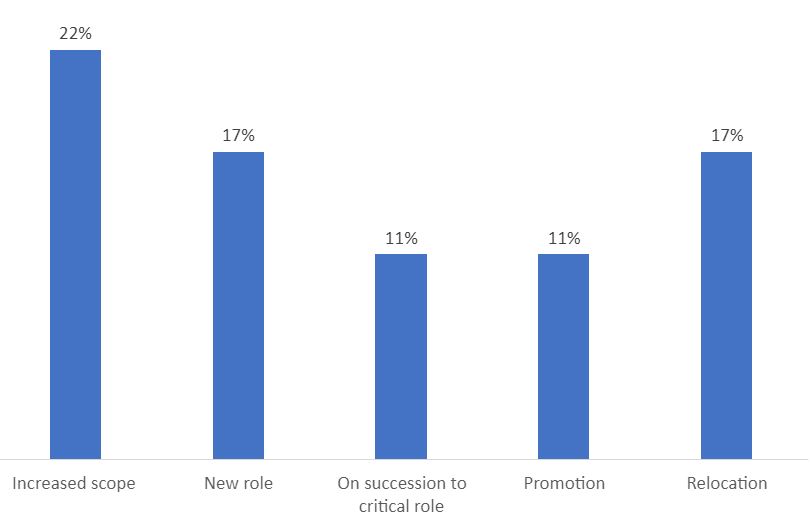 Significant career advancements of sponsees.
Significant career advancements of sponsees.Sponsees have expressed gratitude for the program, highlighting its pivotal role in fostering connections with women from around the world and building a cohesive community within the tech sector. Moreover, robust relationships were formed between sponsees and their sponsors, leading to regular and valuable exchanges and interactions. These connections are an integral part of the program’s success and demonstrate its dedication to creating lasting and impactful relationships in the industry.
Sponsors also reported substantial benefits from getting to know female talents across different parts of the IT & Digital team and from their own experiences as sponsors. Antony Royal emphasizes the importance of developing female talent in the tech industry and the broader implications it holds: “I was very impressed seeing ‘my’ sponsee create a breakthrough for herself in who she is, which will help her create the opportunities she desires. Developing female talent in tech is not only an essential part of our D&I agenda. Looking at the bigger picture, we also see a significant business need to accelerate the development of female leaders in this area. Without diverse contributions, many digital solutions will have inequality built into their code, so to speak. Science and technology should be objective, and we need to address bias when we see it, both in people and in algorithms.”
An unexpected yet highly appreciated additional benefit of the program has been the establishment of a Women in Tech (WIT) community at Syngenta. This idea was initiated by the program participants themselves and has gained substantial momentum. The community’s primary objective is to promote diversity and inclusion in the tech industry while supporting members in skill improvement, network expansion, and career advancement. The essential element of visibility – bringing more women to the forefront – combined with ongoing support and advocacy from senior leaders, sustains motivation and momentum for the community.
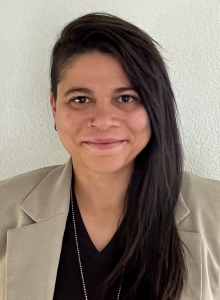
“Embracing a new role at Syngenta Basel has been a transformative journey, made possible in part through the advocacy and support of my sponsor. As I lead the Women in Tech (WIT) community here, I’m inspired by the collective potential and commitment to fostering a culture where diversity thrives. Together, we’ll drive innovation and shape a future where every voice is heard.” – Vivian Secco
Reflecting on our inaugural year, we recognize the transformative power of our approach in championing women in tech. As the program grows to encompass all genders, our focus remains on cultivating female talent for leadership roles. Committed to reserving at least 50% of sponsorship spots for women, our efforts align with our goals of visibility, empowerment, and digital growth. By building on our success, we strive for a tech industry with diminishing gender disparities, representing our firm dedication to inclusion. This journey exemplifies the core values and mission of Syngenta’s Female Sponsorship Program.
Ewa Hajda and Katja Kläger have kindly offered to provide more details and are happy to assist with any inquiries you may have regarding Syngenta’s Female Sponsorship Program. Please don’t hesitate to reach out to them for further information (ewa.hajda@syngenta.com; katja.klaeger@syngenta.com).
Check out Syngenta’s Best Practices 2021, including ‘Listen up: Putting Employees at the Center for Designing New Ways of Work’ and ‘Addressing Pay Equity’. These initiatives demonstrate Syngenta’s commitment to creating an inclusive and supportive work environment.
This Best Practice was first published in the Gender Intelligence Report 2023.
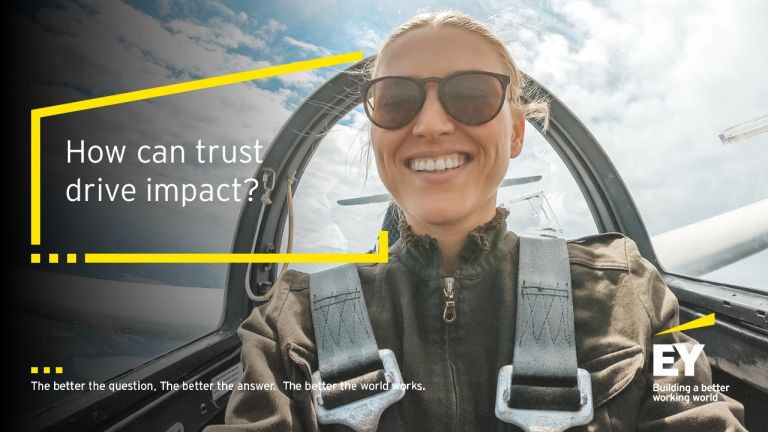
If CEOs are value-driven they make Diversity, Equity, and Inclusion a strategic focus area. By trusting and supporting their leaders to authentically champion these initiatives, the organization is able to foster a positive culture, improve performance, and achieve success.
When leaders are empowered to pursue their beliefs and values, they can lead with authenticity, integrity, and purpose, resulting in positive impacts on the organization.

Learn how Swiss Re is enabling leaders to incorporate inclusion into daily practice and to foster an inclusive environment where everyone feels valued.

How can you push gender equality in the right direction at a faster pace? At Bain, a sponsorship program is key for ensuring the top management pipeline and retaining female leaders.

SIX launches SPI Gender Equality Index for Switzerland, aligning their core business activities with their D&I Strategy.

48% of all PM Switzerland’s management level employees were women in 2020, smashing the target of 40% by end 2022.

Dow's Sponsorship Program is de-biased by self-nomination and busts the myth that 'there are no eligible women'
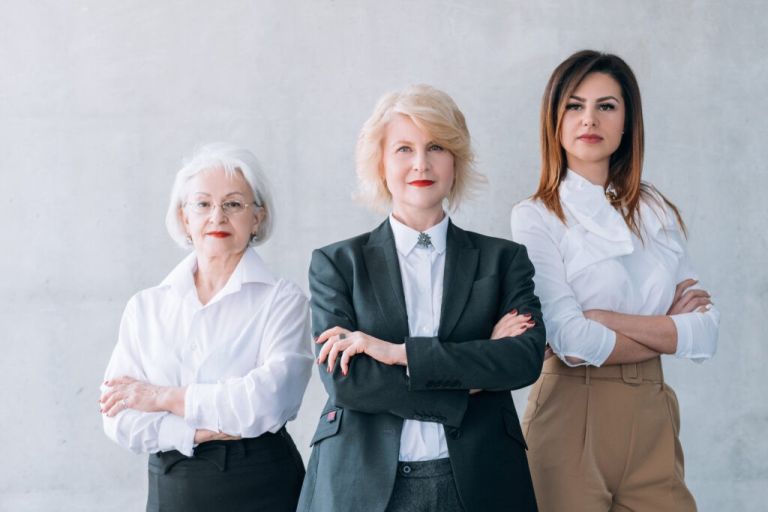
Change doesn’t happen overnight but by integrating top & grassroots initiatives @Citi successfully builds an inclusive culture.
"NextWave” holds leaders accountable for creating and embedding an inclusive culture.

A highly effective way to increase transparency: a Dashboard provides real time D&I analytics helping to get leaders’ buy-in for action.
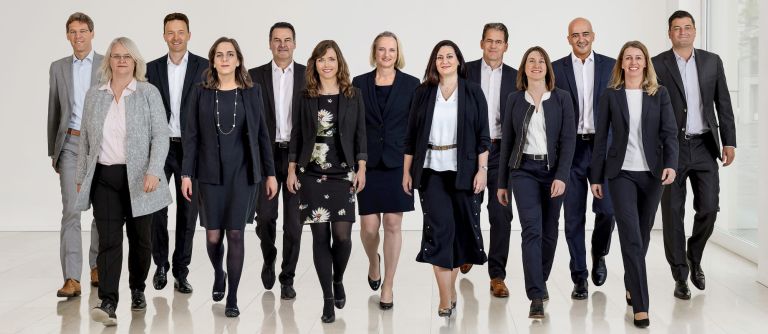
The CEO and senior leaders publicly advocate diversity and inclusion as business imperative.
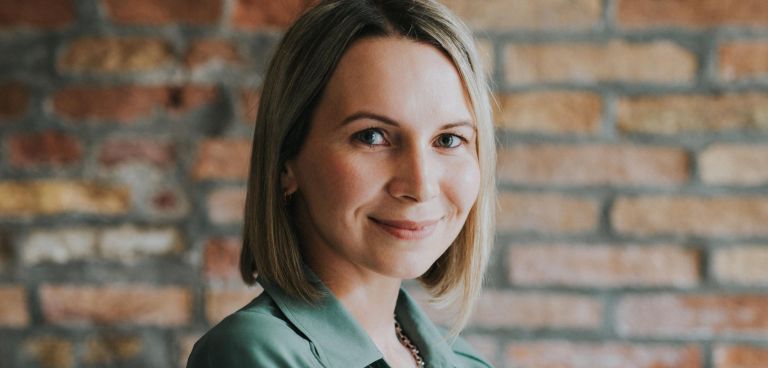
Eye-opening sessions for male leaders to understand the challenges that women face in their careers.